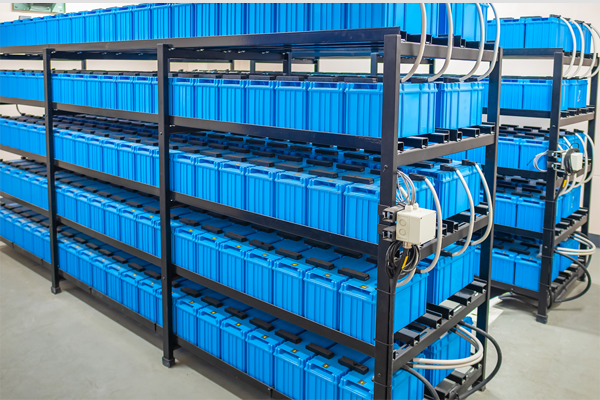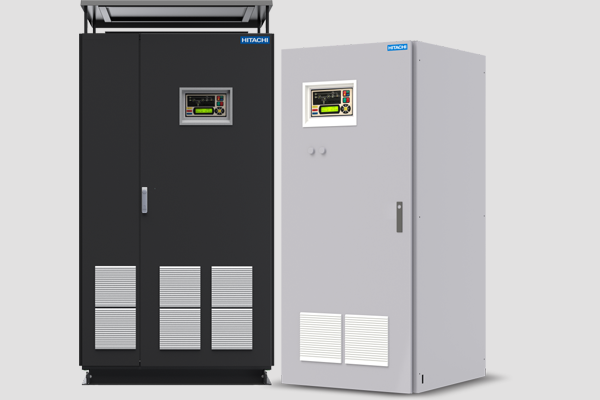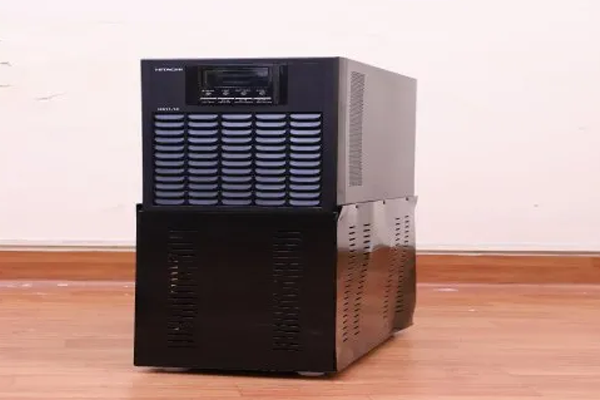Ups System Manufacturer & Supplier



Introduction
In the realm of uninterrupted power supply, Binary Engineering and Services stands out as a beacon of reliability and quality. As an authorized dealer of Hitachi Hi-Rel Industrial UPS Systems, we are at the forefront of offering cutting-edge power solutions that cater to a wide array of industrial needs. Our commitment to excellence ensures that every UPS system we supply is of the highest standard, guaranteeing unparalleled power protection and efficiency.
Hitachi Hi-Rel Industrial UPS Systems
Hitachi Hi-Rel is synonymous with innovation and reliability in the power management sector. Binary Engineering and Services takes pride in supplying an extensive range of Hitachi Hi-Rel UPS Systems, designed to meet the diverse demands of the industrial sector. From the robust Power Series for heavy-duty applications to the energy-efficient Green Series, our catalogue covers various models to ensure your operations run smoothly without interruption.
Various Models Supplied
At Binary Engineering and Services, our selection of UPS systems includes but is not limited to:• Hi-Rel Power Series: Ideal for industries where power demand is high and uninterrupted operation is critical. These systems offer exceptional durability and performance under the most demanding conditions.
• Hi-Rel Green Series: Focused on energy efficiency, the Green Series is perfect for businesses aiming to reduce their carbon footprint while maintaining a steady power supply.
• Hi-Rel Compact Series: For spaces where size is a constraint, the Compact Series offers the perfect blend of power and space efficiency without compromising on reliability.
Binary Engineering and Servicesis dedicated to providing top-tier UPS solutions with our range of Hitachi Hi-Rel Industrial UPS Systems. Whether your operation requires robust power management, energy efficiency, or space-saving designs, we have the expertise and products to meet your needs. Trust in Binary Engineering and Servicesto keep your operations powered, protected, and productive.
We also Repair, Upgrade & Offer AMC for Existing APFC Panels, Voltage Controllers & Stabilizer.
Widely Accepted and Recommended by Electrical Contractors and Consultants.



